
Nothing is so good in this world—or it is not bad—but our thinking itself makes it bad. That’s what a lot of you do. You may be struggling with the problem of overthinking, and there will be many such questions in your mind, like how to control the useless things that come to your mind.
Table of Contents
ToggleIf you’re wondering how to manage negative thoughts, you can read today’s book, Don’t Believe Everything You Think by Joseph Nuen. This book has the potential to change your thinking forever. Whatever questions you have in life, you will find answers to all of them in this book.
Don’t Believe Everything You Think
Our nature of overthinking is something we can control. By recognizing that our thoughts are the root cause of our troubles, we can work to minimize them and focus on creating a life filled with peace and joy.
The book Don’t Believe Everything You Think by Joseph Nuen offers practical insights and strategies for overcoming overthinking and finding peace.
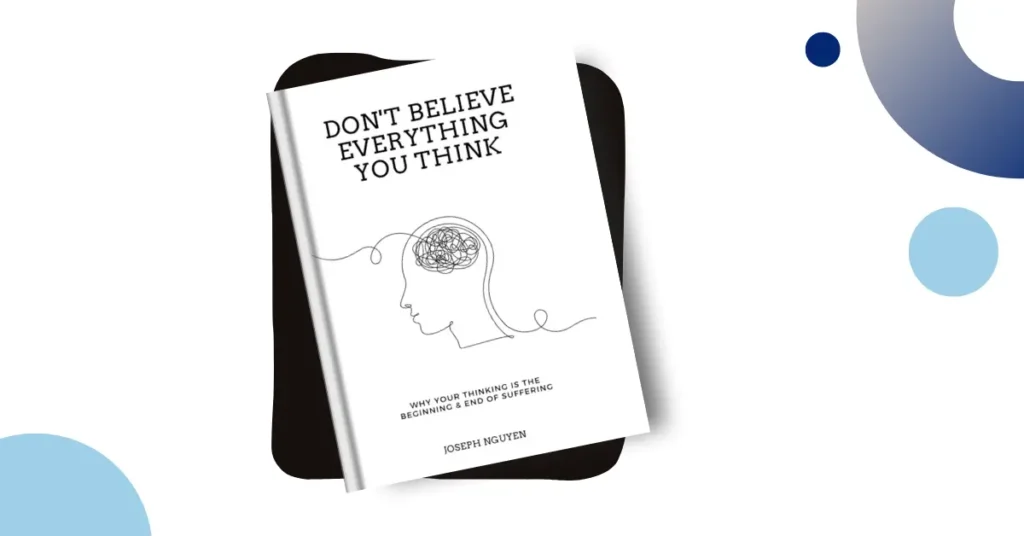
Our Thoughts Shape Our World
The events in your life and how they affect you depend on how you react to them. Whether we suffer or not is determined by our thinking. We don’t live in a world of objective reality but in one shaped by our ideas and interpretations. Reality itself is neutral—it’s the meaning we give to an event that makes it positive or negative.
This principle explains why the same situation can feel entirely different for two people. For instance, two individuals may work at the same job. One might find it wonderful and fulfilling, while the other considers it the worst job imaginable. The difference isn’t the job itself but how each person thinks about it.
Thinking and overthinking are the root causes of most of our troubles. We don’t suffer because of the event itself; we suffer because of what we think about it. This means that if we change our thinking, we can change our emotions and experiences. Happiness begins the moment we stop overthinking.
The Problem of Overthinking
Our brain’s primary function is to ensure our survival, not to make us happy or fulfilled. The brain is excellent at protecting us from danger, but it doesn’t necessarily care about our peace of mind or emotional well-being. That responsibility falls to our soul, which seeks peace, love, and joy.
Unfortunately, we often get caught up in overthinking, which takes us further from happiness. Overthinking arises because our brains generate thoughts automatically, but we actively engage with them and give them power.
The author of Don’t Believe Everything You Think explains that thoughts and thinking are not the same. Thoughts come to us effortlessly and continuously—they are a natural occurrence, much like the air we breathe. We don’t need to exert any effort to generate thoughts. However, thinking requires active participation. It involves analyzing, questioning, and engaging with the thoughts that arise.
The moment we start engaging with every thought, we begin overthinking. This process is the root of unnecessary suffering. Overthinking often leads us to limit ourselves, doubt our abilities, and focus on reasons why something cannot happen.
How to Stop Overthinking
Overthinking is the source of negative emotions. The more we think, the more negativity we invite into our lives. However, when we reduce our thinking, we create space for positive feelings to flourish.
Have you ever noticed that when you’re overwhelmed with stress or worry, it’s often because you’re thinking too much? The author emphasizes that our suffering doesn’t come from our circumstances but from our overthinking.
To stop overthinking, we must first understand that thoughts will always come to our minds. This is a natural process and not something we can or should try to control. What we can control is how much we engage with these thoughts.
The key is to reduce the turmoil in our minds. Imagine a vessel filled with dirty water. If you try to filter the water by constantly stirring it, the dirt will never settle. However, if you leave the vessel undisturbed, the dirt will naturally settle to the bottom, leaving the water clear.
Our minds work the same way. When we stop engaging with every thought and allow our minds to settle, clarity and peace emerge.
The State of Zero Thinking
The author introduces the concept of “zero thinking,” a state in which we experience complete peace and freedom from overthinking. Achieving zero thinking doesn’t mean eliminating all thoughts—it means minimizing the amount of time and energy we spend engaging with them.
You may wonder if it’s possible to live without thinking. The answer is yes, at least for short periods. Think about the moments when you’re completely absorbed in an activity you love, such as playing with your pet, walking in nature, or meditating. In these moments, you lose all sense of time and place. Your mind is calm, and you’re not actively thinking about anything.
These moments are examples of zero thinking. They allow you to experience pure joy, peace, and love without the interference of overthinking.
How to Achieve Zero Thinking
- Start Your Day with Intention
Avoid starting your day by checking emails, scrolling through social media, or reading messages. These activities can trigger overthinking and set a negative tone for the day. Instead, create a morning routine that promotes calmness and positivity. - Engage in Mindful Activities
Activities like yoga, meditation, and walking are excellent ways to reduce overthinking. These practices help you focus on the present moment and quiet your mind. - Take Time to Disconnect
Schedule time during the day to disconnect from stressors. This could involve listening to music, playing with your pets, or simply sitting in silence. - Channel Your Energy into Goals
Overthinking consumes a lot of mental energy. When you stop overthinking, this energy becomes available for other purposes. Use it to pursue your goals, develop new skills, or engage in creative activities.
The Role of Creation in Our Lives
Many people believe they must work hard and struggle to achieve what they want in life. However, the author challenges this belief. According to the book, our role is not to figure out every detail of how to achieve our goals. Instead, we should focus on what we want and trust the process of creation to bring it into our lives.
There are countless ways for the universe to deliver what we desire. When we limit our thinking, we make room for new ideas and opportunities. This openness allows the universe to present solutions in unexpected ways.
The Power of Letting Go
To stop overthinking, we must recognize that our thinking is the root cause of our suffering. If you’re experiencing pain or frustration, it’s likely because you’re engaging too much with your thoughts.
Don’t try to control every aspect of your life. Instead, let go of the need to overanalyze and trust that everything is unfolding as it should. When you stop trying to control everything, you free yourself from pain, suffering, and frustration.
When you reach a state of zero thinking, you’ll realize that life happens not to you but for you. Everything that occurs is part of a greater plan to bring you where you need to be.
Finding Peace in a Busy World
Even in a chaotic world, it’s possible to find peace. Start by eliminating tasks and activities that trigger overthinking. Focus on creating an environment that supports your goals and promotes a state of zero thinking.
Your morning sets the tone for the rest of the day, so make it motivational and stress-free. Incorporate activities like yoga, meditation, or listening to uplifting music. These practices will help you start your day with clarity and positivity.
When you achieve a state of zero thinking, you’ll experience complete peace, joy, love, and enthusiasm. Your mind will no longer be weighed down by unnecessary thoughts, and you’ll feel more connected to the universe.
My Book Review
“Don’t Believe Everything You Think” is a book that explains which thoughts are good, which thoughts are bad, and what things you should observe, listen to, and feel. The author covers all these aspects in this book.
Most importantly, the author emphasizes that a single thought can ruin your mind and even your life. This book provides abundant information about thoughts and how to understand them effectively. However, it is crucial to use that information properly.
This book gives you ideas about thoughts. You must read and use the ideas. If you read this book and stop, it will not help you. You will waste your time and money. Read it, understand it, and know your mind. It will help you remove bad things and make your life better.
Highlights
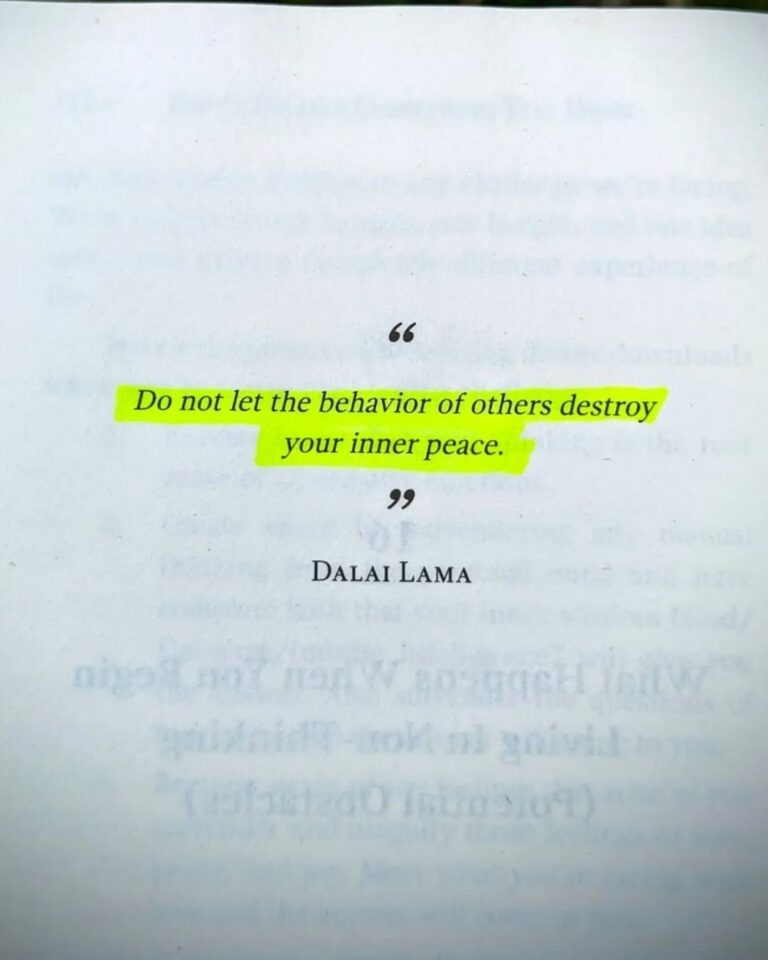
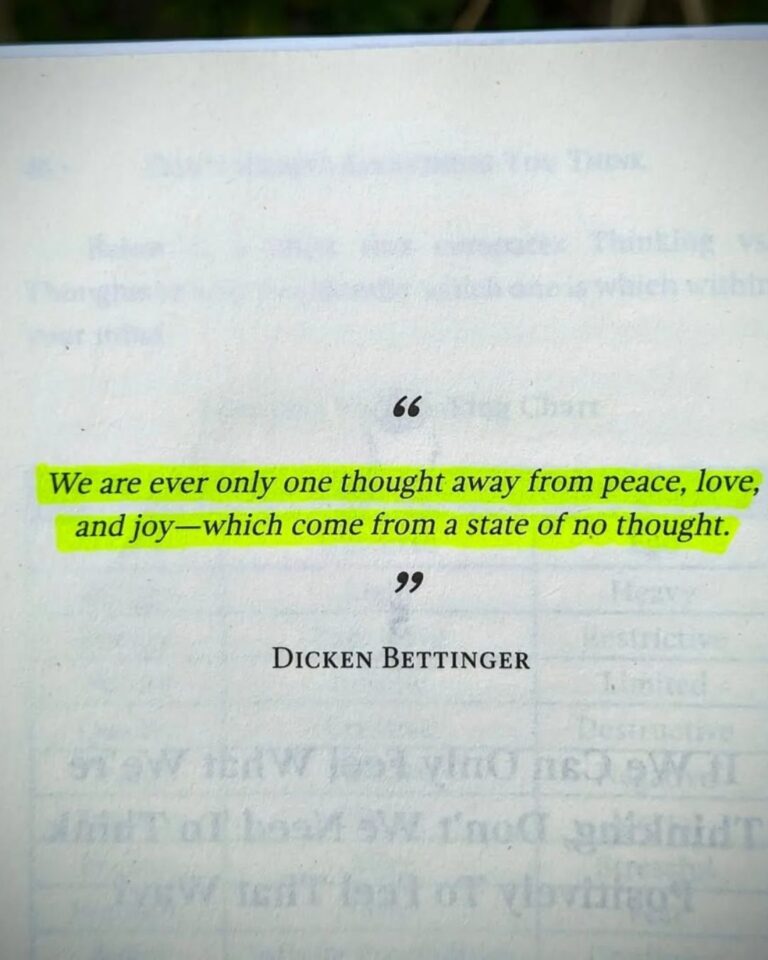
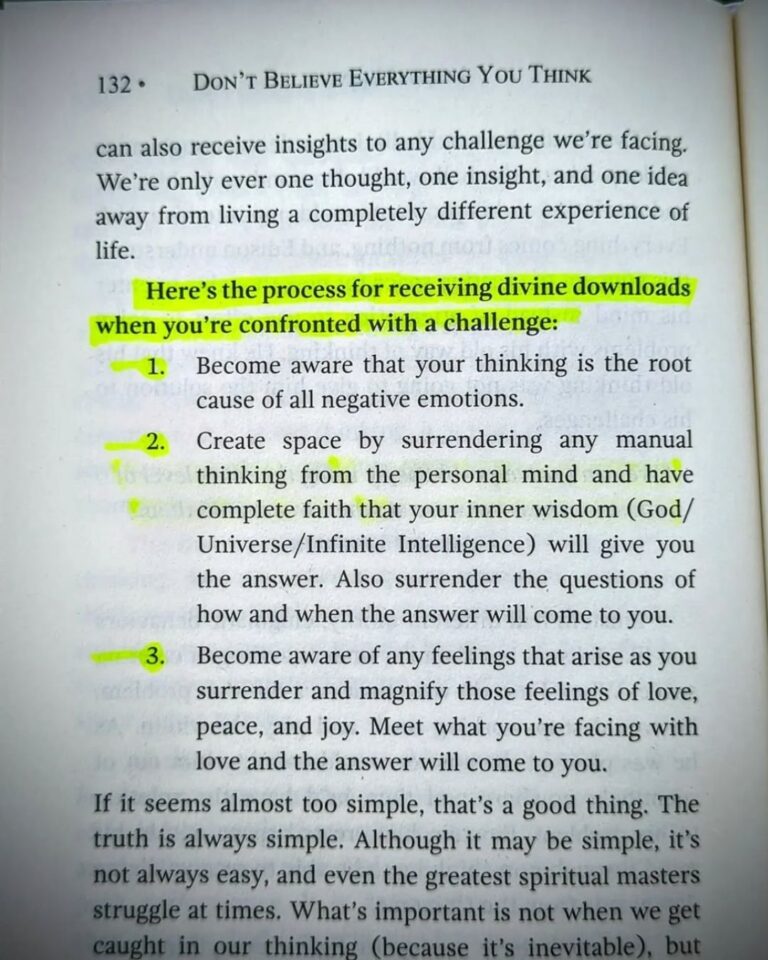
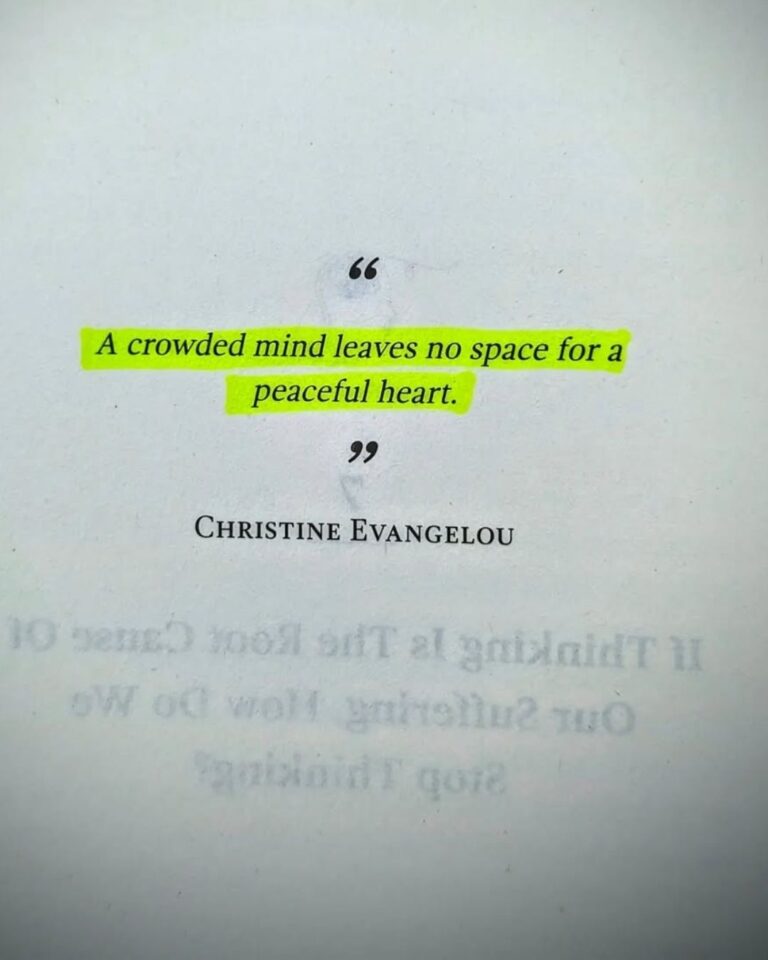
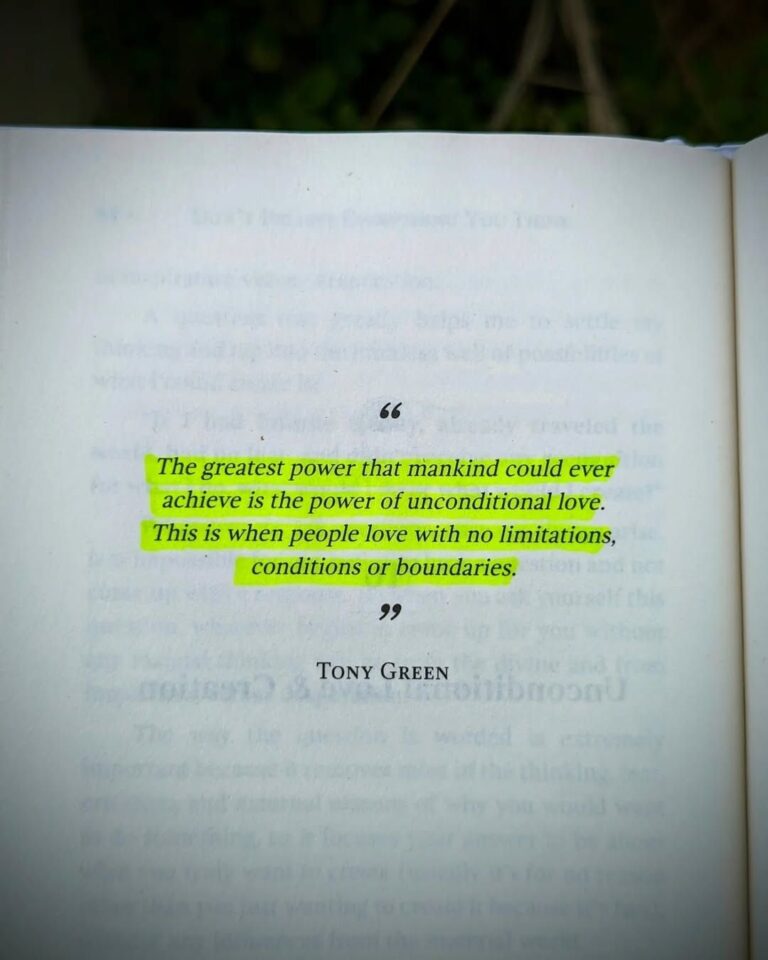
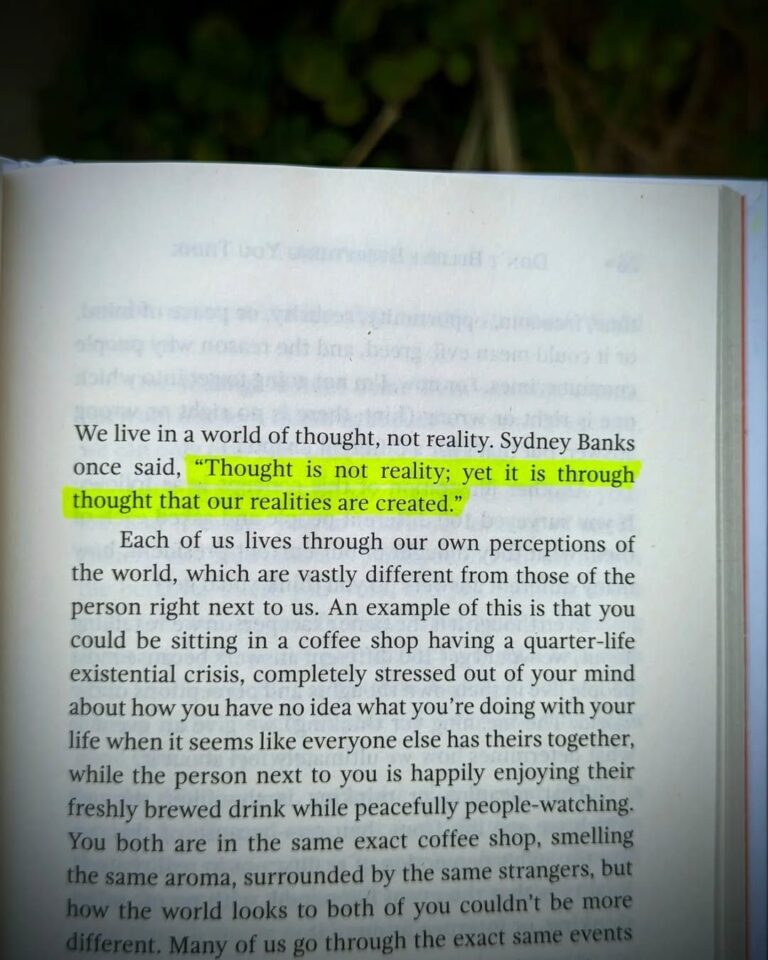
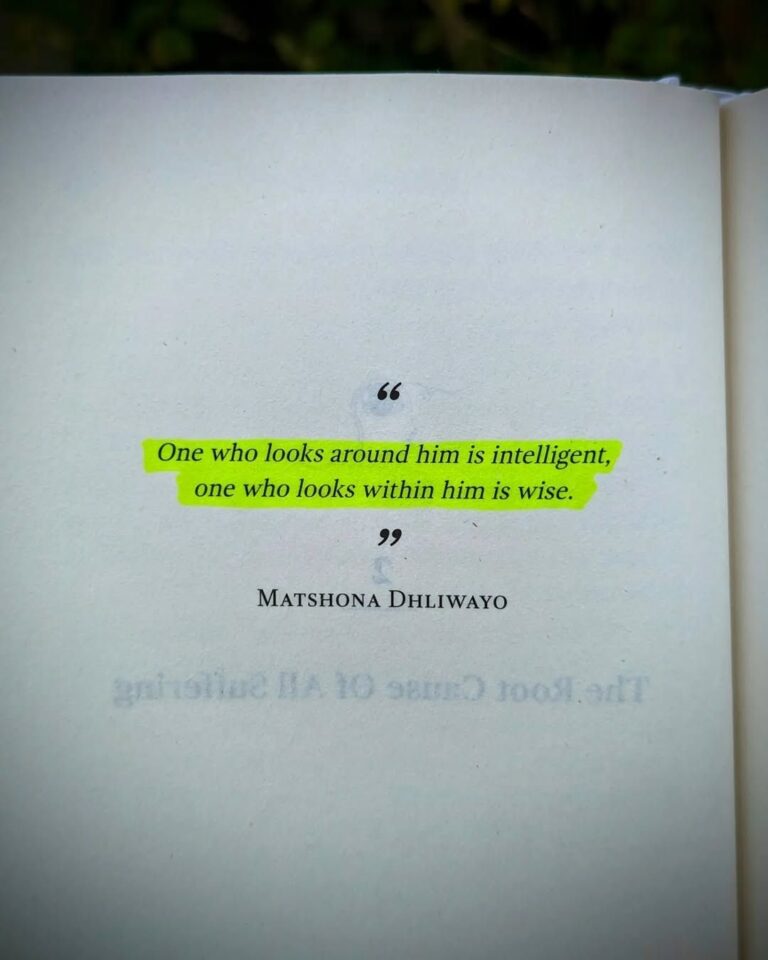
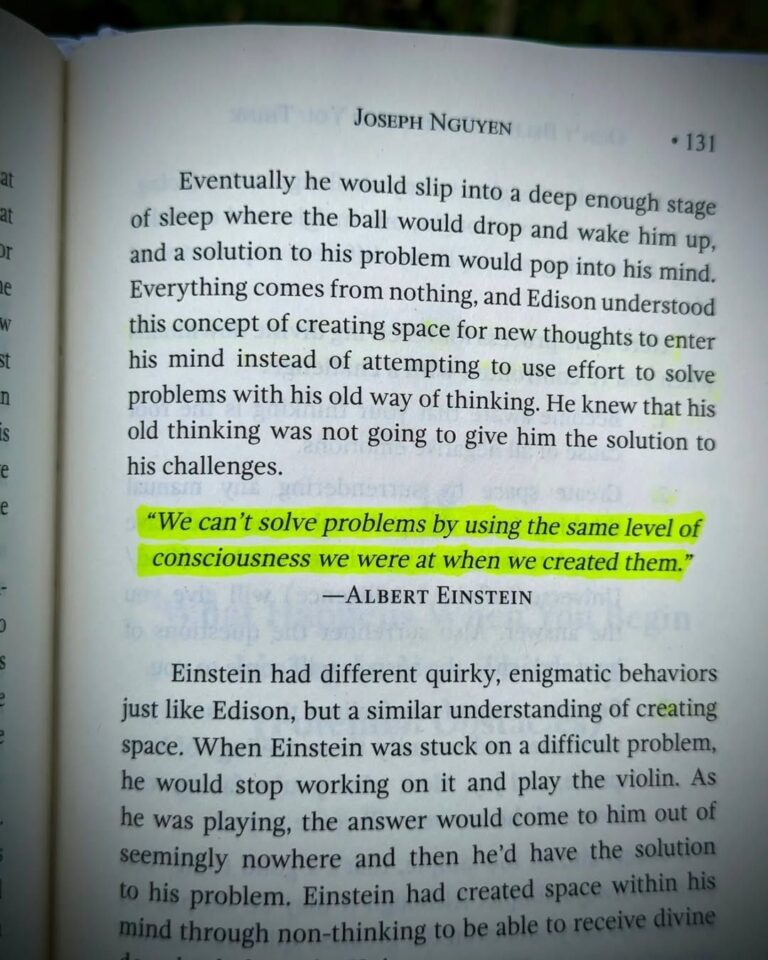
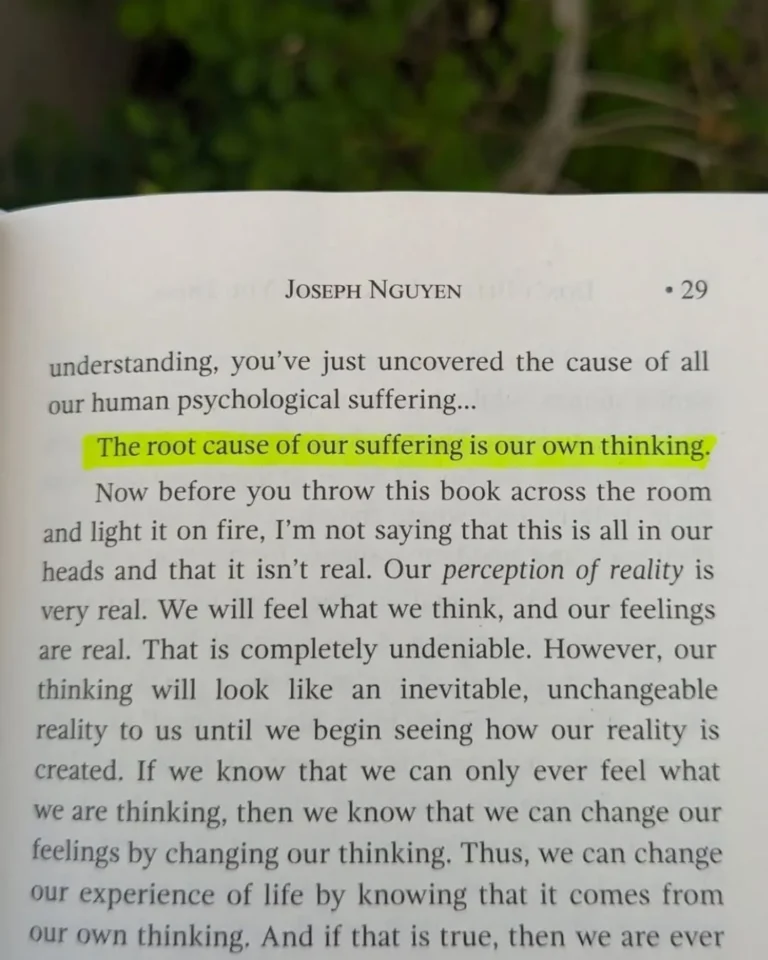

Joseph Nguyen is the author of the bestselling book Don’t Believe Everything You Think. This book has been translated into more than 31 languages. Joseph helps people understand their true selves and live a happy life without mental or emotional pain.
He wrote this book because he also struggled with overthinking and wanted to find peace. Joseph realized that many people have similar problems with their thoughts. This inspired him to write a book to help others.
His goal is to show readers how to understand their thoughts better and stop overthinking. With this, people can feel calm and live a more joyful and peaceful life.
How useful was this post?
Click on a star to rate it!
Average rating 5 / 5. Vote count: 4
No votes so far! Be the first to rate this post.
We are sorry that this post was not useful for you!
Let us improve this post!
Tell us how we can improve this post?



